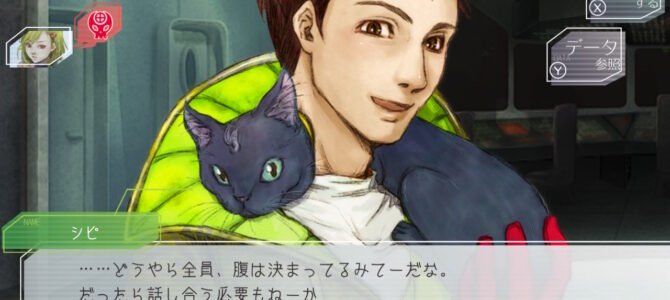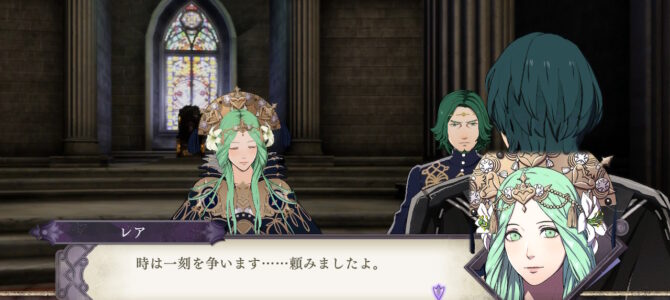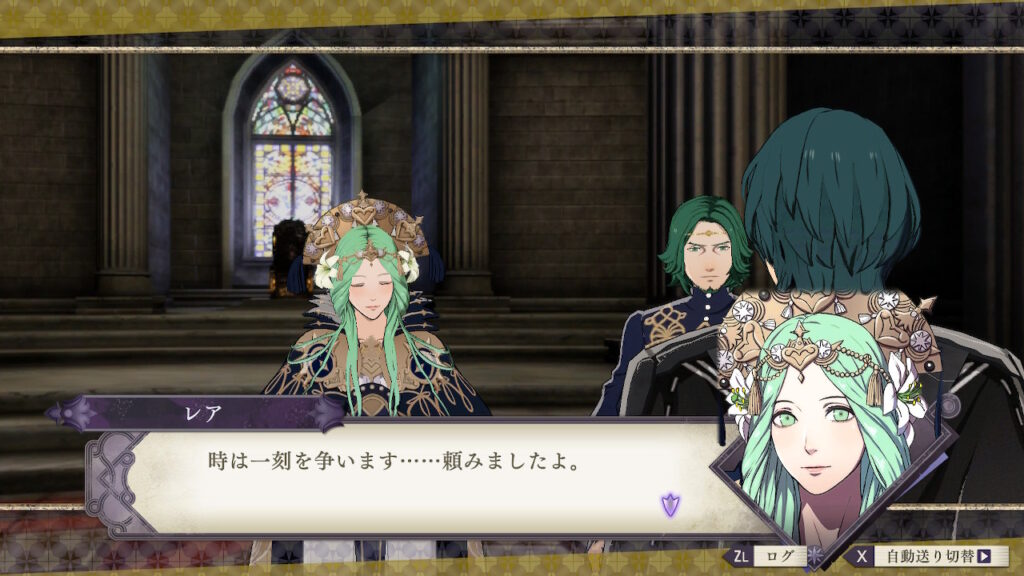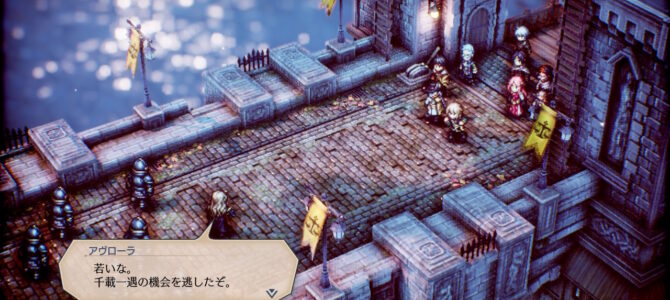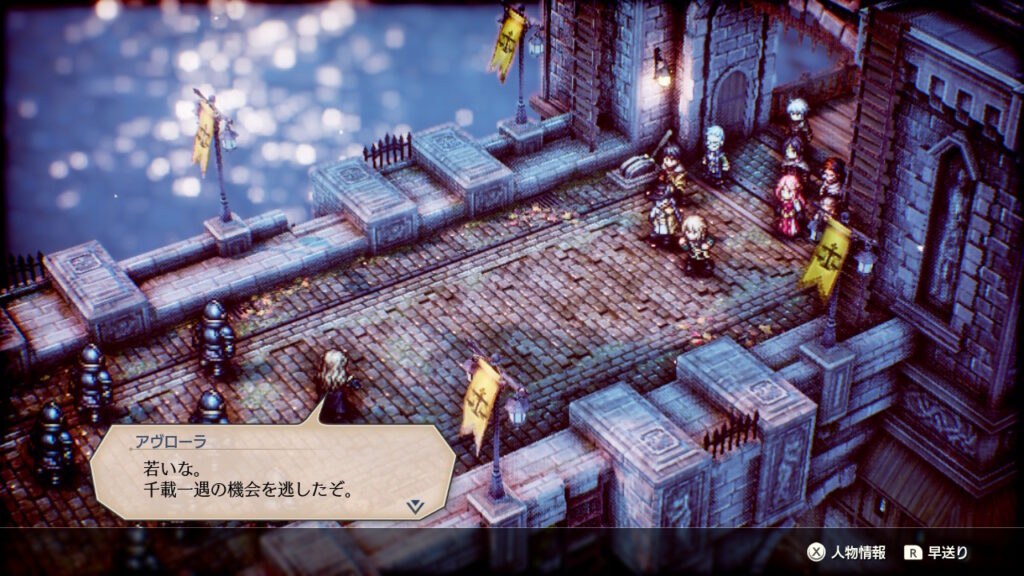Time for another language pick up from a Nintendo Switch game! This time it’s from Gnosia, the single-player social deduction game modeled after the popular social game, Werewolf.
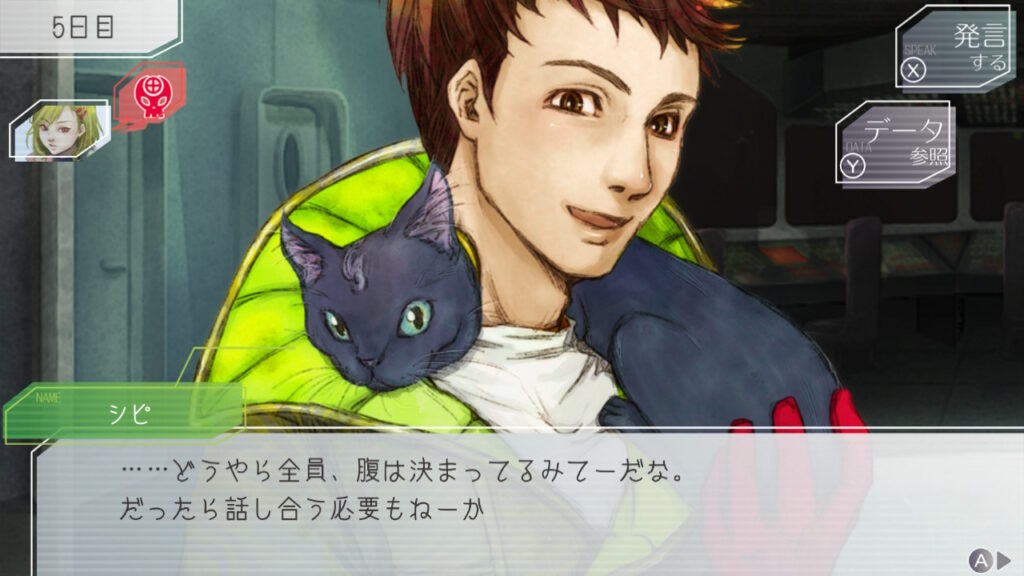
Japanese: どうやら全員、腹は決まってるみてーだな。
Hiragana: どうやらぜんいん、はらはきまってるみてーだな。
Romaji: douyara zenninn, hara ha kimatterumitee da na.
The interesting part of this speech part is the second part of the first sentence. 「腹は決まってるみてーだな。」
The meaning is, the person has made up their mind. The literal translation is, “their stomach has decided.” Why stomach? That’s just the way it is! There are many emotion related words in Japanese that involve the word stomach. For example, 腹が立つ (はらがたつ stomach is standing – means to be angry), and 腹黒い (はらぐろい stomach is black – means to have evil intentions).
The later part of the phrase, 「..みてーだな。」is a slangy, informal from of みたいですね。The clause to add to the end of a verb to mean, “looks like.” So the character is saying that it “looks like everyone has already made up their minds.”
Good stuff! I’m enjoying this game. Fun in short bursts. One loop only takes about 10-15 minutes, and it feels pretty casual. I am mainly playing it as a way to get some casual Japanese reading practice, because you really can’t gloss over all of the text in this game and still play it… You at least have to get the jist.
Remember, if you want to play this game in Japanese you have to get it on the Japanese eShop. The US eShop version of Gnosia does NOT have the Japanese text available, so if you want to play this in Japanese you’ll need to get the Japanese version. A lot of games for the Switch are truly region free and will switch languages based on your system settings, but Gnosia, unfortunately, isn’t one of them.
Check my Twitter account @Japannewbie for more occasional Japanese language tidbits from games.

